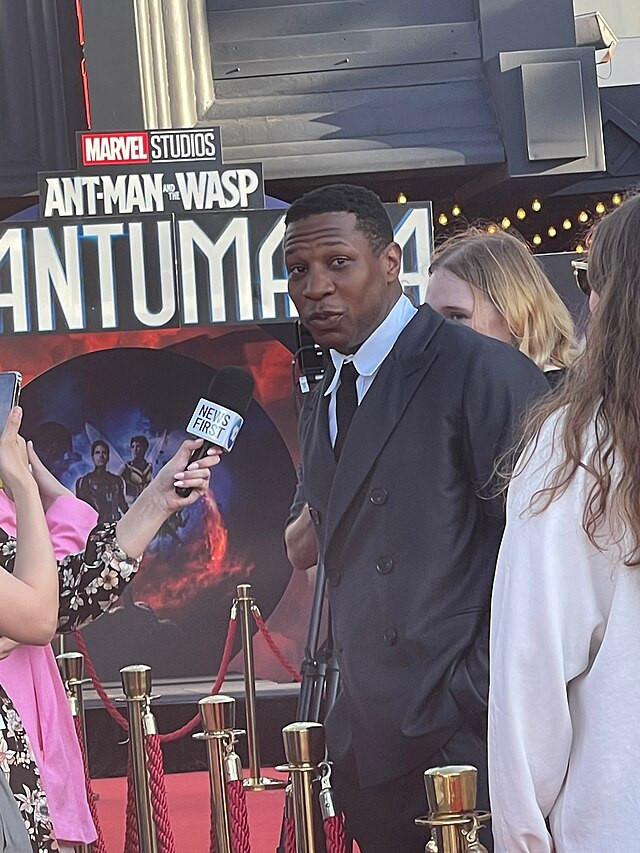Actor Jonathan Majors was found guilty of reckless assault in the third degree and harassment, stemming from a dispute with his ex-girlfriend, Grace Jabbari. The decision was reached by a six-person jury in New York after over four hours of deliberation spread across three days, with sentencing set for February 6. This case has highlighted the complex and often painful issues surrounding domestic disputes, particularly those involving high-profile figures.
The charges against Majors arose from an incident in March, where the actor, known for his roles in Marvel films, called 911 reporting Jabbari unconscious in their shared apartment. Police arrested Majors after observing injuries on Jabbari, including a laceration behind her ear and a fractured finger. Throughout the trial, Jabbari testified that Majors caused these injuries during an altercation inside a car, describing how a disagreement escalated into a physical confrontation.
Majors, who pleaded not guilty to all charges, was supported in court by family members, including his girlfriend Meagan Good. His attorney, Priya Chaudhry, painted Jabbari as a scorned ex-partner seeking revenge, emphasizing that the relationship's end, not a crime, was at the heart of the allegations. "This is a case about the end of a relationship, not about a crime," Chaudhry stated.
The defense argued that Majors was the actual victim, citing surveillance footage that showed Jabbari running after Majors post-altercation and pointing to Majors' ripped coat as evidence of Jabbari's aggression. Chaudhry also suggested that Jabbari's injuries might have occurred later in the evening, after she had gone to a club and consumed alcohol on Majors' credit card.
Jabbari's attorneys, meanwhile, expressed satisfaction with the verdict. "We are gratified to see justice served by today's guilty verdict," Ross Kramer, an attorney for Jabbari, said. "Ms. Jabbari testified publicly and truthfully, even though reliving these traumatic events on the witness stand was obviously painful. We are grateful to the jurors and the Judge for their attention and patience, and to the Manhattan District Attorney's Office for their hard work and support."
The case brought forward evidence of a tumultuous relationship, including text messages and a recorded argument between Majors and Jabbari. Prosecutors presented these as indications of a pattern of abuse, arguing that Majors' actions culminated in the assault and harassment for which he was found guilty.
This verdict has significant implications for Majors' career, which had been on a meteoric rise. Following his arrest, he was dropped by his publicity firm, the Lede Company, and managers at Management 360. His future in major film projects, including his role in the Marvel Cinematic Universe, is now uncertain.
Reflecting on the trial's conclusion, Manhattan district attorney Alvin Bragg stated, "At the Manhattan D.A.'s Office, we are committed to centering survivors in all of our work. The evidence presented throughout this trial illustrated a cycle of psychological and emotional abuse, and escalating patterns of coercion far too common across the many intimate partner violence cases we see each and every day."
The case of Jonathan Majors serves as a reminder of the complexities and challenges in addressing issues of domestic violence, especially in the public eye. It also underscores the importance of supporting survivors and holding perpetrators accountable, regardless of their public status.





